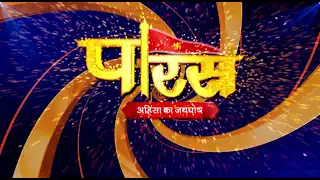




Jainism is touted as a non-theistic religion that does not believe in a creator deity. It states that karma directs a person's current life and future incarnations, and that higher beings have no power over them. Jainism is known as Jiva (life force or spirit), and it teaches that all living creatures have an everlasting soul that can be freed from worldly miseries through self-discipline. This ancient religious ritual originated in India's northwestern region and expanded throughout the country. The 24th Thirthankara of Jainism is Vardhamana, commonly known as Mahavira. Jains maintain that their teachings have always existed, have been recognized by sages throughout history, and were finally formed in their most recent form by Mahavira. Jainism YouTube channel can help you get a significant insight. Jain mantra The Namokar' mantra is the most essential in Jain tradition. It has nothing to do with any god or entity in particular. The prayer is dedicated to the beneficial characteristics, or guna, of the gods, instructors, saints, and individuals. Every Jain learns this mantra as their first prayer. If strength and trust are needed, this mantra might be said. Note According to Jain dharma, or Jain philosophy, an individual must follow a stringent spiritual and ethical code of behaviour to achieve moksha, which is defined as liberation or escape from the endless cycle of birth and death. The five vows taken by Jains are Ahimsa, Satya, Asteya, Brahmacharya, and Aparigraha, and this code is founded on them. Listen to Kadve pravachan to increase your knowledge about Jainism.